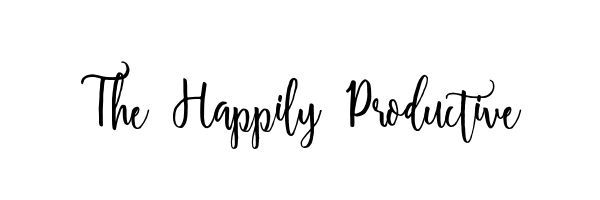Have you been diagnosed with Irritable Bowel Syndrome, but have no idea how to figure out your food triggers? In this post, we’re diving into the common IBS food triggers that can wreak havoc on our digestive systems. I’m going to share foods that trigger symptoms for many (though not all!) IBS sufferers, from sneaky culprits hiding in our favourite foods to foods you might be eating with every meal.
Just remember that these foods are not inherently bad. If they don’t bother you, just keep eating them! This article is meant as a place to start, not a ride-or-die diet plan.
Caffeine
First up on our list of suspects: caffeine. That beloved morning pick-me-up might be more than just a jolt to your system—it could be triggering your IBS symptoms. Found in coffee, tea, energy drinks, and chocolate, caffeine can stimulate your digestive tract and cause flares for those of us with IBS-D. I personally had to stop drinking coffee and even black tea. Black chocolate, however, is fine for me. I now mostly drink herbal teas, which can have amazing benefits for IBS.
Gluten
Ah, gluten—the villain of the modern diet for many with IBS. Commonly found in wheat, barley, and rye, gluten is a hard one to avoid. If you’re anything like past me, you might be eating it for every meal and dealing with unexplained bloating, discomfort, and constant flares. Based on my personal experience, I strongly recommend cutting out gluten for 2 or 3 weeks and seeing what it does. If nothing changes, lucky you! But for many of us, it does cause symptoms.
If you find that you’re better off without gluten, please be careful with all the gluten-free options out there. They’re often full off nasty ingredients, so you need to be careful with the brands and options you chose. The best idea is to eat naturally gluten-free foods, like rice, potatoes, and so on.
Dairy
Just like gluten, dairy is a common trigger for IBS sufferers. But not all forms of dairy are alike. For example, I could never have cow’s milk (even lactose-free milk isn’t great for me). Yogurt is also complicated. But hard cheeses, sour cream, butter, and even camembert and brie are perfectly fine for me.
Some people, especially those with lactose intolerance, do best with avoiding it completely, while many others can still enjoy certain forms of dairy, especially in small quantities.
Fatty Foods
While indulging in rich, fatty foods might seem like a guilty pleasure, it could be wreaking havoc on your digestive system. Fried foods, creamy sauces, and fatty cuts of meat can be particularly troublesome for those with IBS. A good alternative are lean proteins, grilled or baked dishes, and healthier fats like avocados and nuts. If you love fries, you could opt for an air frier to make them safer for your IBS.
Artificial sweeteners
Last but not least, artificial sweeteners—those fake sugars hiding in diet sodas, sugar-free gum, packaged snacks, and even medications. While they may seem like a guilt-free way to satisfy your sweet tooth, artificial sweeteners like aspartame and sucralose can cause horrible digestive flares. Believe me, I’m speaking from experience! I personally prefer eating real sugar if I crave it. The laxative effect and discomfort caused by artificial sweeteners is never worth it to me.
And there you have it! A rundown of some common triggers for IBS and how to navigate them. Remember though that everyone’s body is different, so it’s essential to listen to your gut and find what works best for you.
Please let me know: are any of these triggers for you?

